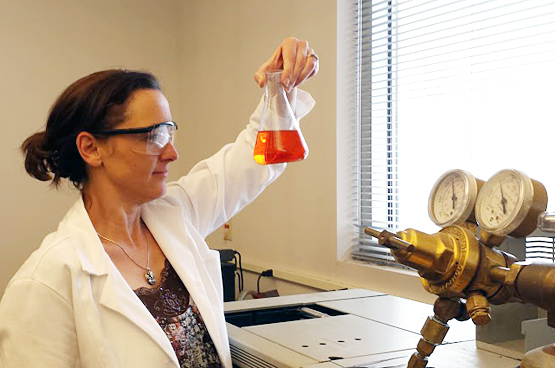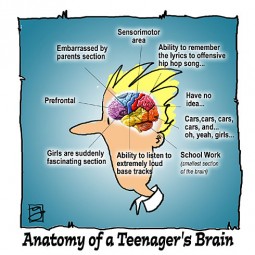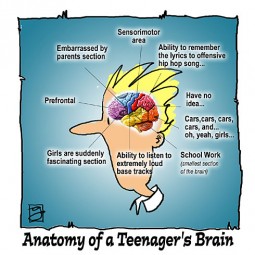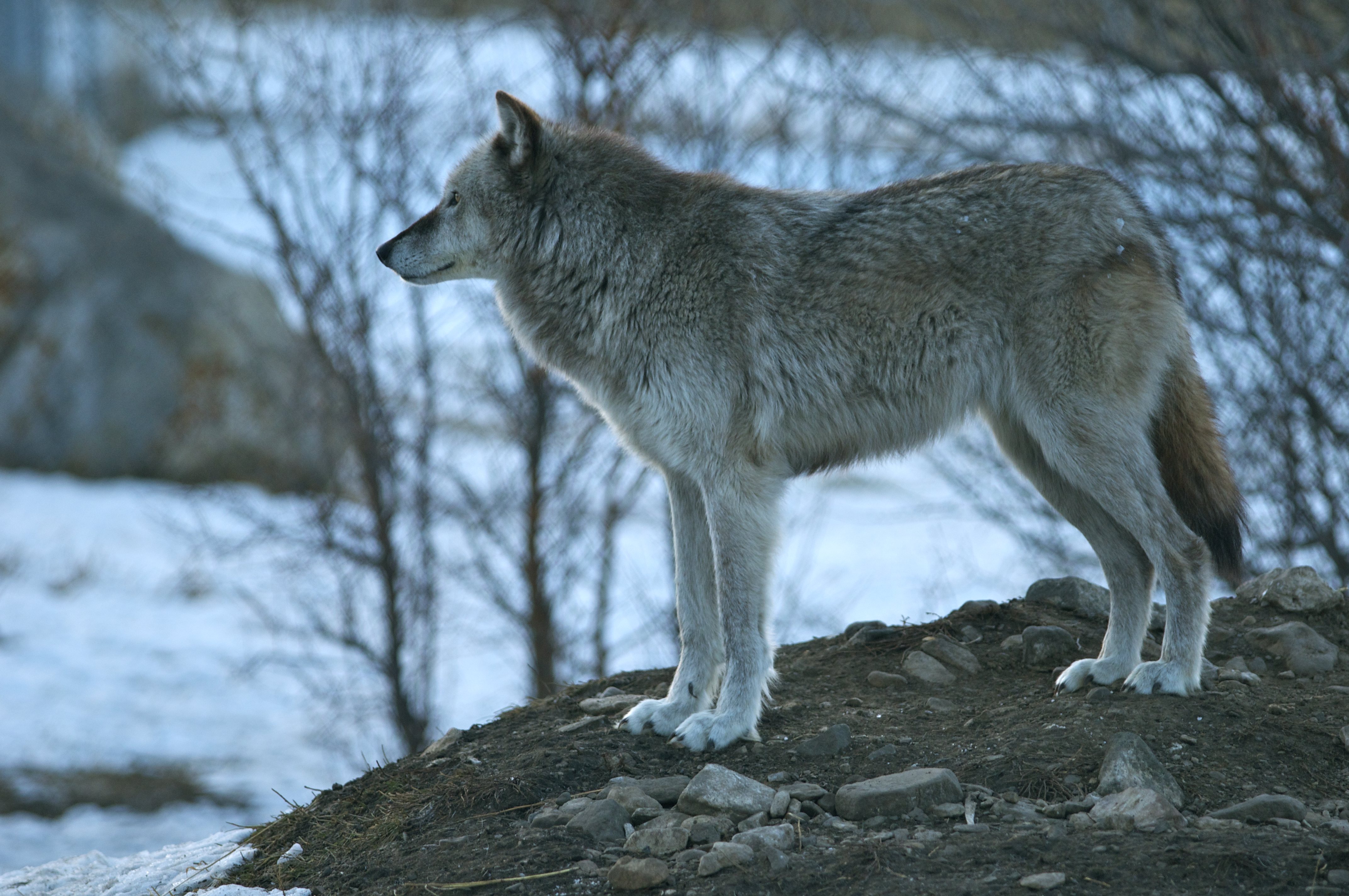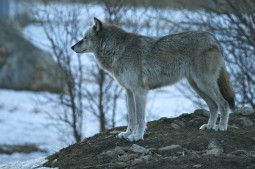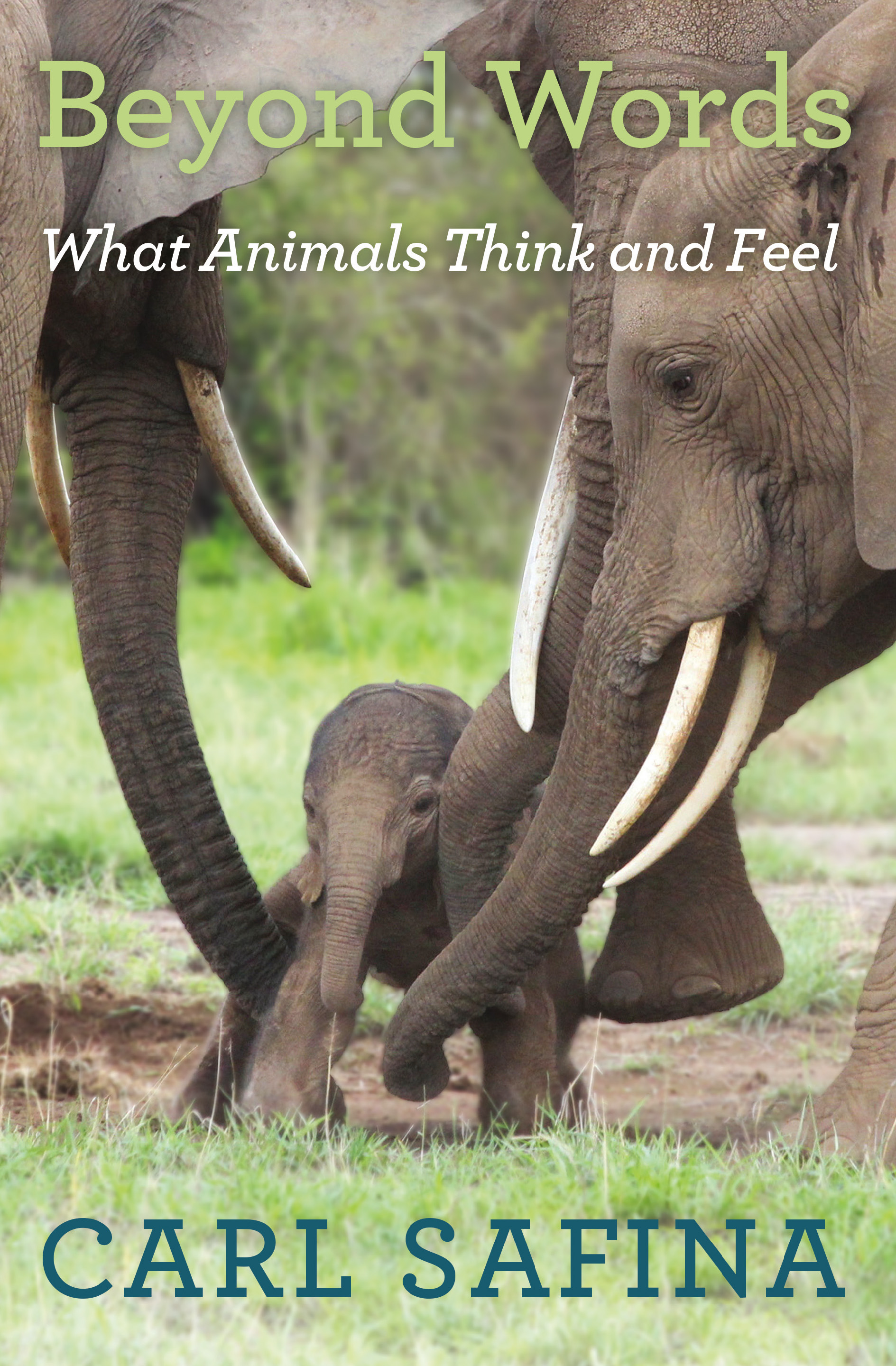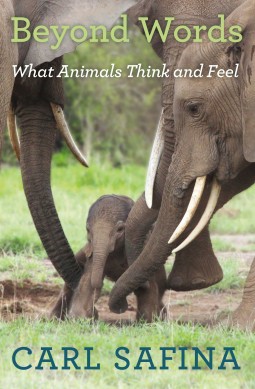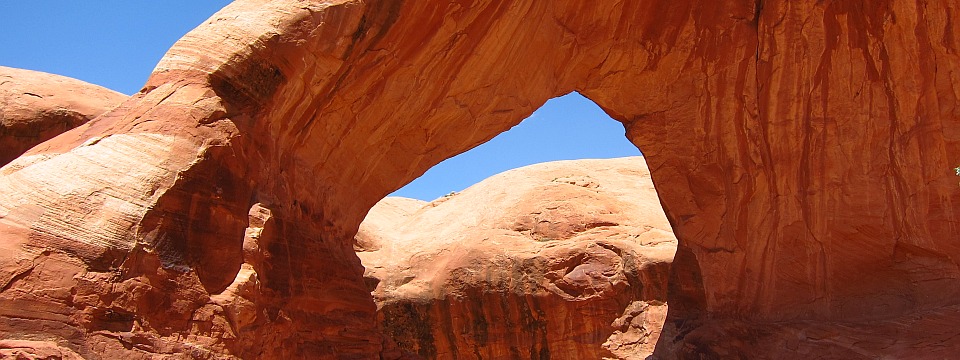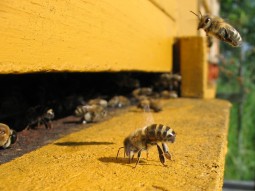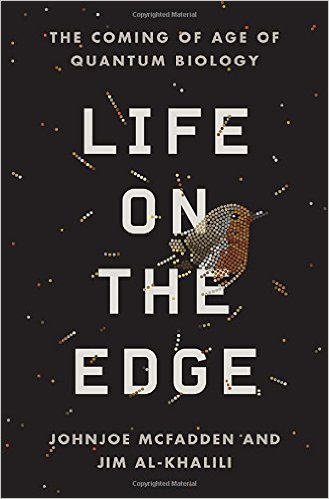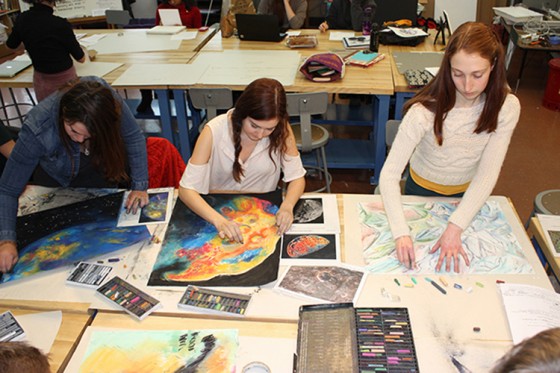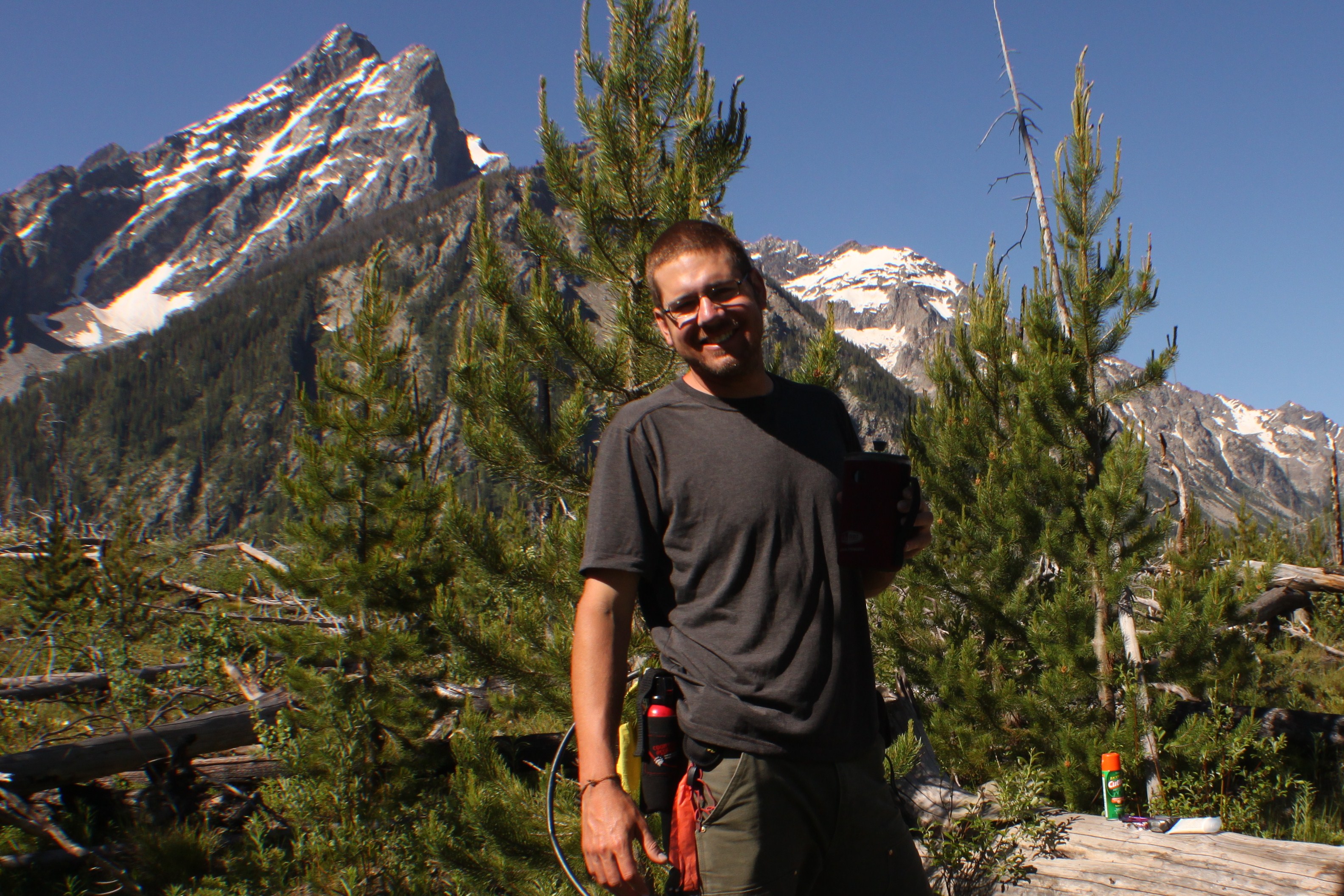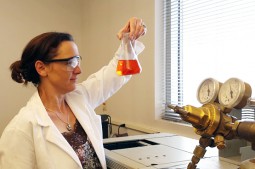
Mighty Microbes (start time: 5:45): Microbes – fungi and bacteria and probably viruses — are essential to life on Earth. They’re found in soil and water and inside the human gut. There’s a lot happening these days in microbiology, as scientists try to better understand what role these invisible powerhouses play in our health and that of the planet. Amy Sheflin, a PhD candidate at Colorado State University in the department of Food Science and Human Nutrition, speaks with host Susan Moran about her and others’ research into how microbial communities an enhance the health of our human gut, soils and crops.
Hosts: Susan Moran, Joel Parker
Producer: Susan Moran
Engineer: Joel Parker
Executive Producer: Beth Bennett
Listen to the show here:
Podcast: Play in new window | Download (Duration: 24:09 — 22.1MB)
Subscribe: RSS

